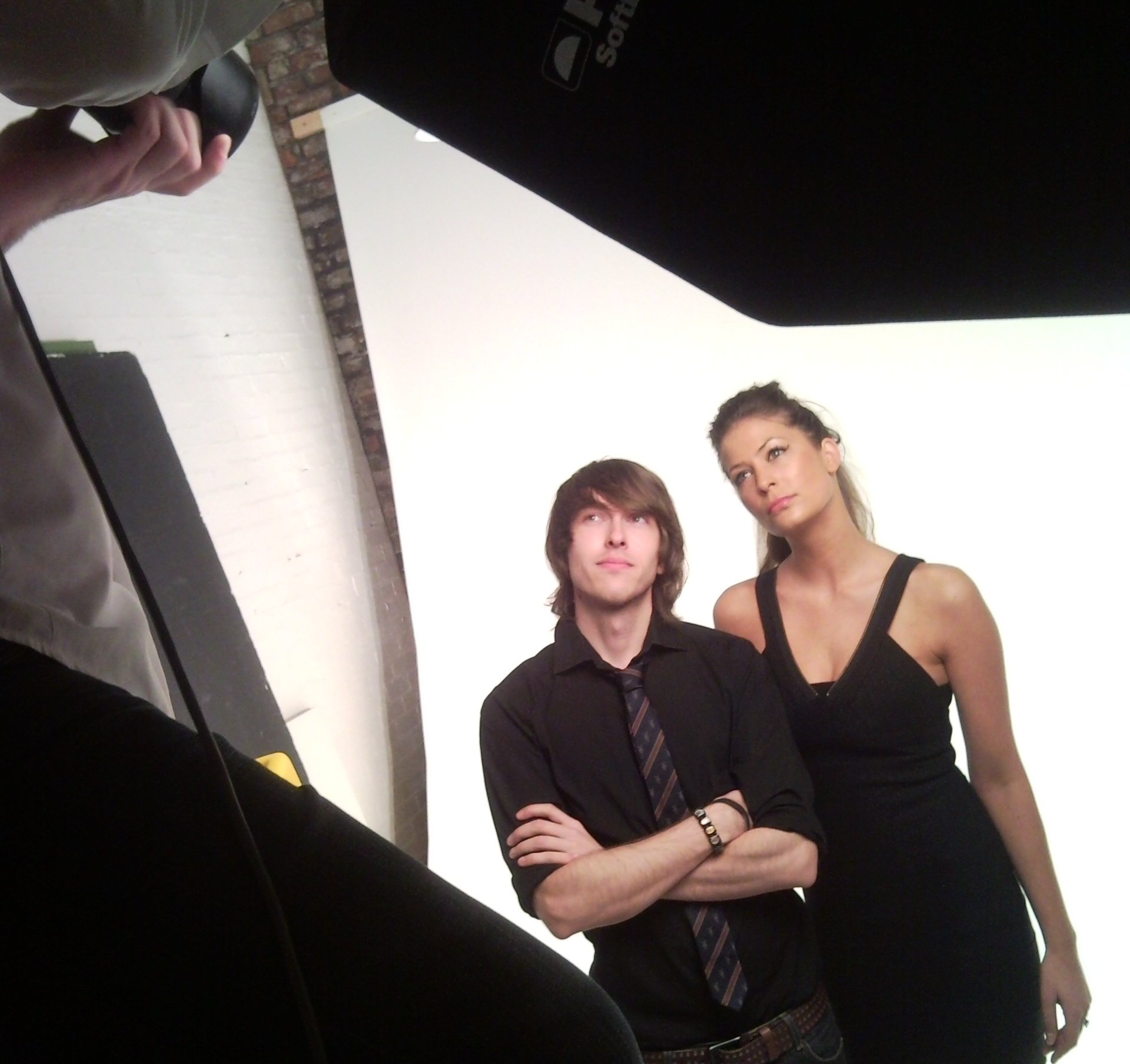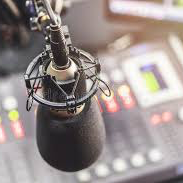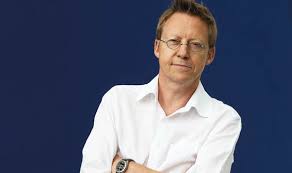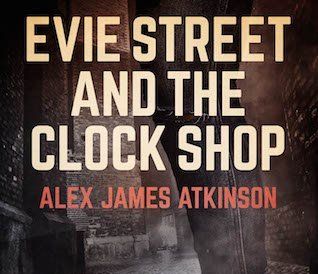Adventures in Radio...
- by Alex
- •
- 16 Jan, 2019
10 Years: Evening Radio: Pop Stars: Mystery Punctuation.
It turns out that this week 10 years have passed since I arrived at the legendary Castle Quay in Manchester to join Lucy Horobin to present the Bauer evening show – then known as 'In:Demand' (still not quite sure what the : really stood for and I’m not sure I ever asked). Following a lengthy, intense, and sometimes emotional, demo process, I was definitely considering making a run for it when I finally joined Lucy on the show.
I look like I’m auditioning for a role in ‘Twilight’ as opposed to starting my dream job. I was wearing a brace for the first six months in the job so didn’t even attempt to crack a smile. You would be right to wonder whether me or Lucy had just spent a year presenting overnight radio.
The In:Demand journey eventually lasted five years, the latter half of that time flying solo as Lucy moved to Global. It was, at times, an exhausting gig, but it always exciting, fun and no two days were the same and in the end I was lucky enough to interview many of my favourite musicians and ended up spending far too much time with Little Mix.
With 10 years passed since my first proper pop star interviews under my belt (Kelly Clarkson and Lily Allen) now seems like a good time to start chronicling such encounters (and having looked through my diary entries there was a hell of a lot of them).
If you love music and you love pop stars then there'll be plenty to read about here and hopefully you'll have heard of them all (there's not much to say about Gary Go or Natalia Kills tbh). There will be only (mostly) positive and good stories to tell - and anyway, pop stars are much more fun to read about than Brexit right?


With the new university term officially underway I wanted to reflect on the importance of student radio and the vital part it continues to play in preparing students for the big, bad, world of work that awaits beyond graduation.
My time with Fuse FM at The University of Manchester during its early years helped determine the kind of work I dreamed of pursuing and gave me vital experience in how a small station, operating on an RSL (you might need to Google that), needed to function in a professional, but still fun, manner.
Every student radio station is different: there are some that have bigger teams than others; there are those whose budget is rolled by the student union or university and those who will fundraise and rely on their members to provide vital cash. Differences aside, they will, of course, have many other things in common. All stations will need scheduling, they will need music, talk and news content, and they will need bright minds to operate the tech and ensure smooth running of the daily operation.
All things combined, student radio has the power to bring together many different types of people, from all walks of life, working together to deliver a common goal, and this is where it matters most. It is a microcosm of any bigger business and workplace - whether radio or not.
Many of the people I met and worked with (cos it was work) at Fuse FM went on to pursue countless different types of careers. Barrister, International Charity Manager, Stand Up Comedian and Teacher are just some of the eventual jobs that spring to mind.
Then there were those who knew that being part of the station would provide those all-important skills and CV boosters that would be essential when attempting to make first steps on the media career ladder. Myself, wanting to be a presenter, meant that being able to host my own shows was a crucial part in the process of finding my ‘voice’, whilst running the station helped me earn a lifelong respect for the many different pieces of the jigsaw that collectively create a professional radio station.
Throughout my career I have met countless people who all maximised their time at uni, joined their fellow student radio brethren, and honed their skills, began making professional connections and discovered what it might be that they would be passionate enough about to build a long term career from. To name but a few, the ranks include: national breakfast show producer, production and imaging manager, political correspondent and national drive time presenter – and there’s that rather talented bloke from Radio 1 of course.
Vital in helping develop and discover new talent for all parts of the industry, for those attending university, student radio remains one of the most fundamental experiences for anyone building the early blocks of their career (whether radio or otherwise).

